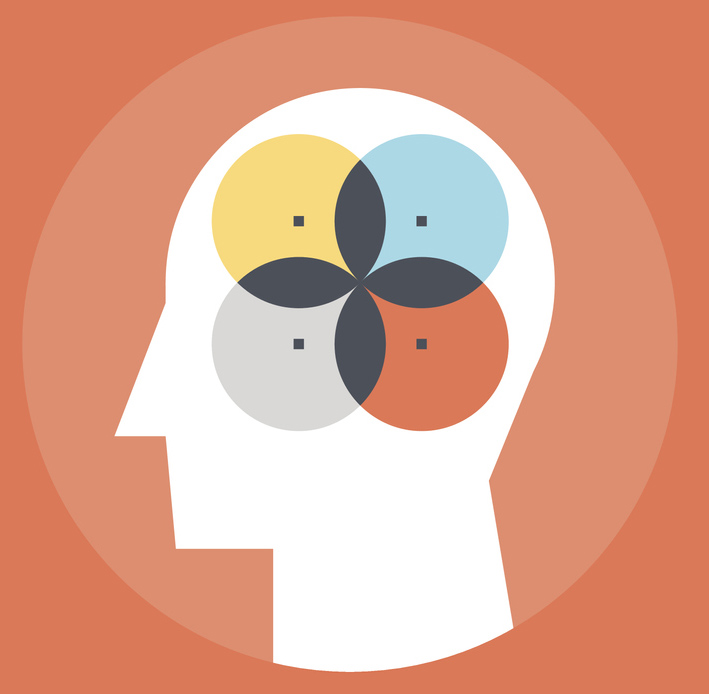TEACCH Tip#7 for Adolescents & Adults – Learning a Flexible Routine
This time of many changes might cause you to feel a variety of emotions: confusion about the virus and accompanying  changes—maybe you are starting online classes; fear for yourself and others—friends and family; anger or frustration, and boredom.
changes—maybe you are starting online classes; fear for yourself and others—friends and family; anger or frustration, and boredom.
On the other hand, you also might feel less anxiety because of a more relaxed schedule and limited social expectations. You may have concerns about how it is going to feel to “go back” to the typical schedule in the future.
All these emotions are understandable. Most of us will experience a variety of emotions during this time period because of all of the changes, and one of the best things we can do is work on our resilience and mental flexibility. We can create a flexibility routine to have a predictable way to cope with changes.
 Many people are using some of their time to learn new routines of physical exercise to keep their bodies healthy, strong and flexible. This is a good time to start a new routine of mental exercise to keep your mind healthy, strong and flexible too. Mental flexibility is as important as physical flexibility. It is an important skill that you can learn, practice and improve. Like everything, the more you practice it, the better you will be.
Many people are using some of their time to learn new routines of physical exercise to keep their bodies healthy, strong and flexible. This is a good time to start a new routine of mental exercise to keep your mind healthy, strong and flexible too. Mental flexibility is as important as physical flexibility. It is an important skill that you can learn, practice and improve. Like everything, the more you practice it, the better you will be.
The first step to practice a flexibility routine is awareness. Awareness means “to simply notice.” Be aware or notice when you are feeling discomfort and recognize that it is being caused by change.
Next you are ready to practice the following flexibility routine:
- Recognize that a change is occurring. You might want to say to yourself, “this is a change,” as this can help you feel more in control of how you respond to the change
- Take a few deep breaths and/or tell yourself a positive saying, such as, “I can be flexible” or “different does not mean bad”
- Ask others to help you if you are confused about what the changes mean for you, and
- Make adjustments to your schedule or activities to accommodate the change.
Helpful Hints
- Write your flexibility routine on paper in a step-by-step format and have this handy for when you may experience uncomfortable changes.
- Talk through and practice your flexibility routine even before you need it.
- Ask a parent or a mentor in your home to help you practice and remember to use your flexibility routine.